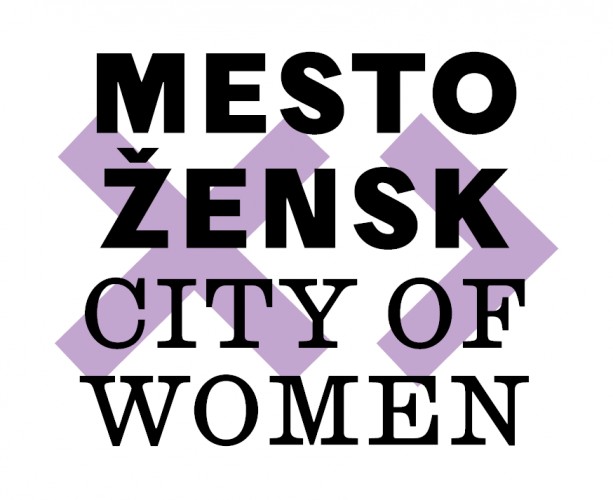"In my talk entitled In the Mix: Race, Whiteness and Gender in Popular Culture, I shall discuss how we can bring together people from different cultural contexts, and different positions in society, into the field of popular culture. In the process of trying to achieve change in a hierarchical society, every individual or group has to grapple with certain contradictions. On the one hand there is, despite all differences, the common ground that we can share. As women, and in order to fight patriarchy and establish the rights of women today as well as their rightful place in history, we try to build bridges as well as form alliances and co-operation between blacks and whites, heterosexuals and homosexuals, those from eastern and western ideologies, as well as between the developed northern and underdeveloped southern hemispheres. At the same time, however, there is always a boundary shaking and dividing the ground that we regard as common but which separates us.
Black popular culture has been a major global influence; many white Western women still assume that we all share the same common ground – at least when we are on a club dance floor. And we may well do – so long as no one raises questions about racism, sexism, homophobia and anti-Semitism in popular culture. Black feminists and women with migrant backgrounds in German speaking lands have criticised the attitudes of white Western feminists for ignoring racism in their/our daily life and work.
Based on the aforementioned criticism and feminist theories articulated and expounded by Alice Walker, Judith Butler and bell hooks, I will describe certain (colour) prejudices and try to locate whiteness in the field of popular culture. As bell hooks notes, whiteness is not simply a question of skin colour, rather whiteness is a concept that underlies racism, colonization and cultural imperialism. What racist stereotypes are to be found in popular culture when white Western cultural critiques address the subject of pop music by Black or immigrant artistes? How visible is whiteness as a set of discursive practices in popular culture, practices that remain for the most part unseen and unmarked?
On basis of my analysis, I would like to invite the audience to discuss the following questions: How can we address cross-cultural sisterhood between individuals and groups from different backgrounds in the field of popular culture? What precepts are necessary in order to establish spaces for anti-racist and queer feminist work?"
Rosa Reitsamer
In collaboration with: Društvo ŠKUC-LL, Klub Monokel, AKC Metelkova mesto
With the support of: Austrian Cultural Forum

